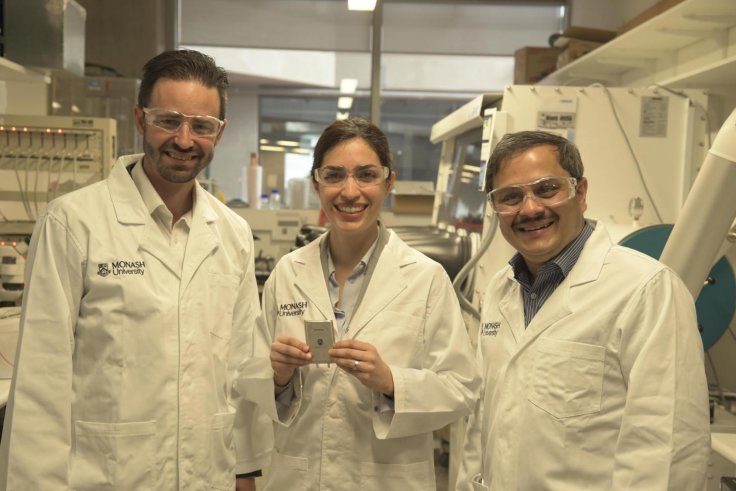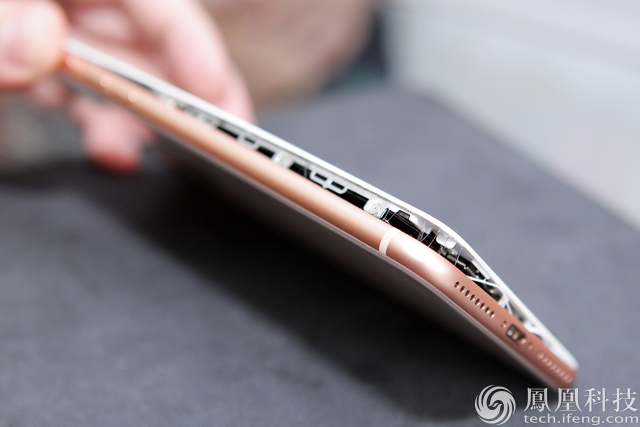Batteries are as essential for a gadget as water to human life. From smartphones to electric cars, solar grids to most of the connected devices, almost all the gadgets available around us are dependent on battery one way or another. For instance, all the powerful features of a smartphone won't be able to flex its muscles if it runs out of battery.
It would be nice to have a powerful battery which can run a smartphone for weeks or run an e-vehicle for a thousand kilometres without charging. Making our wishes real, a bunch of researchers from Monash University, Australia has discovered a new battery technology.

The new battery technology would be based on Lithium-Sulphur (Li-S) technology. It would be capable of offering way more than the existing Lithium-Ion batteries. The researchers have already patented for the manufacturing process, and prototype cells have already been fabricated by Fraunhofer Institute for Material and Beam Technology, Germany.
The research team has already managed to arrange a fund worth $2.5 million in funding from government and international industry partners to trial this battery technology in cars and grids starting this year.
How Li-S Works?
Interestingly, the all-new Li-S battery technology uses similar materials as of Li-Ion batteries.
The sulphur electrodes exist in Li-Ion batteries usually becomes fragile after continuous charging-discharging cycle and breaks easily. Inspired by the bridging architecture found in detergent powder, the researchers have discovered a method to create a bond between sulphur particles to handle more stress and thus deliver more stable performance.
Cost
Monash researchers have claimed that the Li-S batteries are way more cost-effective than its Li-Ion counterpart. Additionally, the Li-S cells are claimed to reduce environmental footprints and would be easy to process.
"This approach not only favours high-performance metrics and long cycle life, but is also simple and extremely low-cost to manufacture, using water-based processes, and can lead to significant reductions in environmentally hazardous waste," Associate Professor Mathew Hill said through a statement.
Another fellow researcher from the team, Professor Mainak Majumdar has expressed, the new Li-S batteries have the potential to transform, "the way phones, cars, computers and solar grids are manufactured in the future."
"Successful fabrication and implementation of Li-S batteries in cars and grids will capture a more significant part of the estimated $213 billion value chain of Australian lithium, and will revolutionize the Australian vehicle market and provide all Australians with a cleaner and more reliable energy market," he further mentioned.

Some of the world's largest manufacturers of lithium batteries in China and Europe have expressed interest in productiononce the final tests are done this year in Australia.









